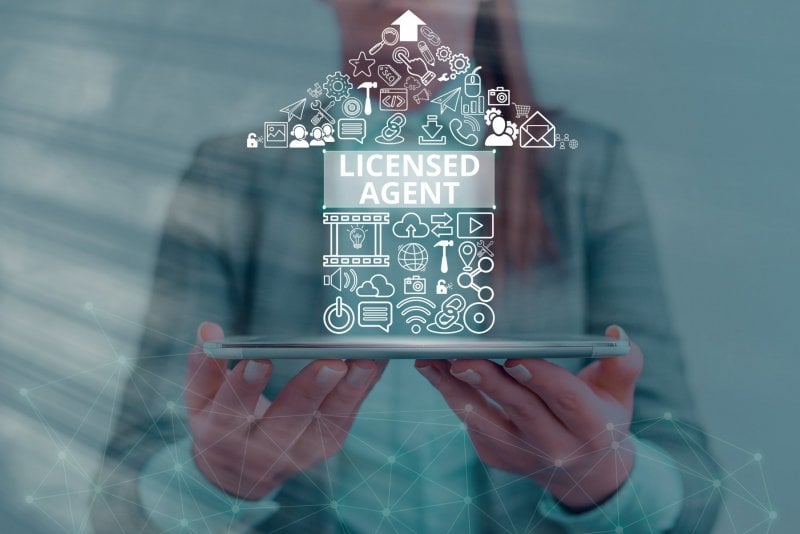Les-europe.org is no longer available here. Please visit lesi.org instead.
Licensing

Licensing Objectives
The main four objectives of public legislation concerning licensing are the prevention of crime and disorder, ensuring public safety, avoiding public nuisance, and health and safety requirements. Licensing is also essential to provide protection to any company or business owner, employees, and customers. It can protect the company's assets if the business is sued in a court of law. Licensing covers such things as trademarks and technology and grants another person or company a license to use a particular form of technology, copyright, or to manufacture certain goods on its behalf. Payment is required to buy such a license, and it is a profitable way of expanding the growth of any business.
Types of Entertainment Licensing
Licenses are required, usually from local authorities if someone wishes to:
- Have a live music performance
- Hold an indoor sporting event
- Play recorded music on the premises
- Serve alcohol and regulate opening hours
- Hold an indoor sporting event
- Show a film or perform a play
- Allow gambling on premises or websites
- Sell or procure food and beverages and much more
As can be seen, these rules serve to regulate certain public activities and ensure that people are protected from unscrupulous venues that are not licensed and therefore do not meet specific regulations. However, it should also be remembered that licensing also provides businesses and companies with protection against theft of copyright, goods, or assets.
For anyone thinking of opening a hospitality venue or starting a new company, make sure that the relevant license is obtained.